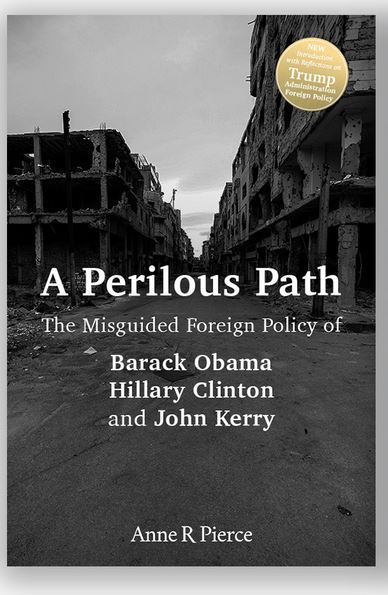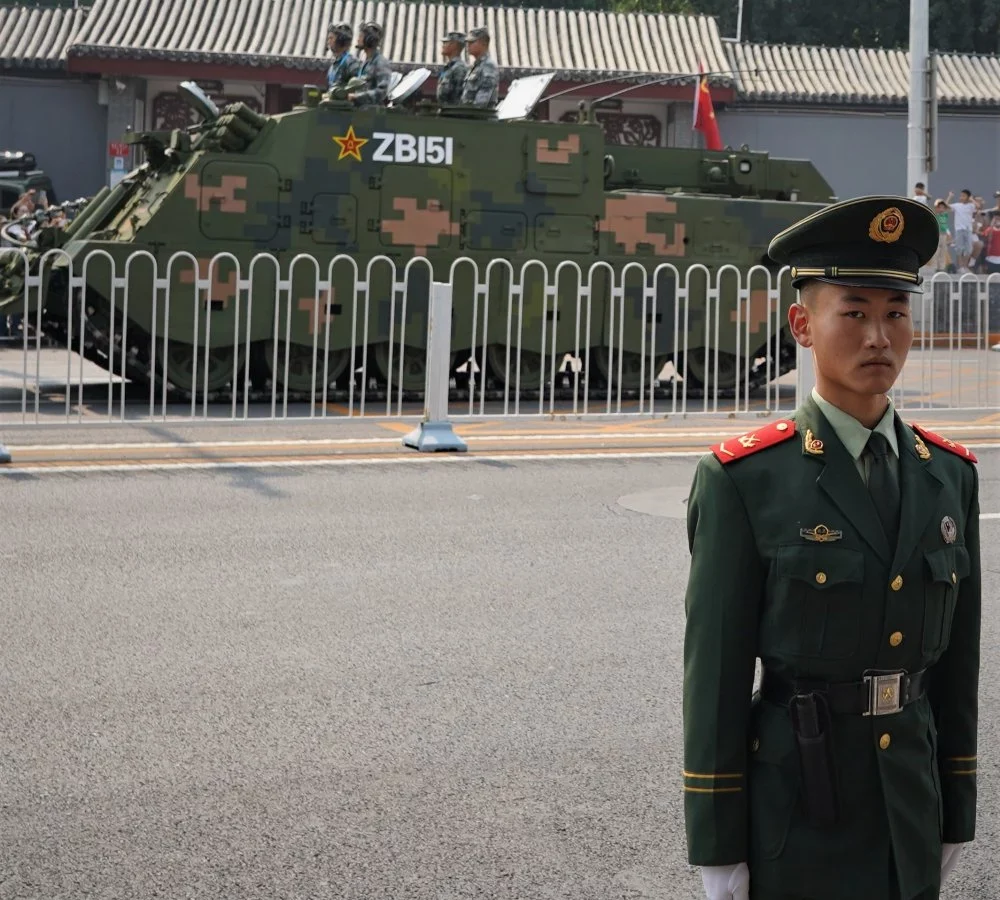The Biden administration’s recent engagement efforts and search for “guardrails” in the U.S.-China relationship have too many costs relative to hypothetical benefits.
Dangerous illusions buy China time and cover for the execution of President Xi Jinping’s multi-faceted plan for global domination. China has already made such progress; the China threat is now so great that the Free World cannot afford dalliance, wishful thinking, or repose. U.S. efforts to keep communication channels with Chinese leaders open make sense, but optimism regarding the fruits of engagement and diplomacy with China is not warranted.
Rather than hold on to fading hope that engagement and diplomacy will appreciably soften China’s stance, the United States must rise to the current challenge. Only by facing the hard truths about Chinese revisionism can America form principled and wise China policy.
Before believing that China, unlike Russia, is amenable to reasonable relations with democratic states, consider the China-Russia relationship. At their February 2022 meeting in Beijing, Xi Jinping and Vladimir Putin announced an “unlimited partnership,” which they said was aimed at countering U.S. influence. As he departed their March 2023 summit in Moscow, Xi told Putin, “Right now there are changes, the likes of which we haven’t seen for one hundred years.” Echoing that note, Russian foreign minister Sergei Lavrov said any Ukraine peace talks should discuss “the principles on which the new world order will be based.”
Such statements sent a chill down many a foreign policy analyst’s spine because a new world order, or even a major war, no longer seems entirely out of the realm of possibility. This juncture calls for a conscious rejection of complacency.
Shortly after the Moscow summit, which expanded China and Russia’s economic and strategic ties, Chinese defense minister General Li Shangfu announced that China and Russia would increase military and military-technical cooperation and arms trade. Although China doesn’t overtly supply Russia weaponry for use in Ukraine, China provides dual-use rifles, body armor, drones, and financial support for Russia’s ferocious assault. Trade between China and Russia rose to $190 billion last year, and China’s imports of Russian energy have increased to $88 billion since February 2022. The only “peace” China wants in Ukraine will advantage Russia and increase Chinese influence over Europe.
The Pentagon has warned that Russia and China are producing space weapons to attack U.S. satellites and to evade U.S. missile defense systems and that Russia is providing highly enriched uranium for China’s nuclear program. China’s space, cyber, and bio-weapons capabilities, dramatic nuclear weapons ramp-up, and intercontinental and submarine ballistic missile production paint an alarming picture. Alerts by Microsoft confirmed by U.S. officials that a Chinese-sponsored hacking group targeted critical infrastructure in the United States, including Navy telecommunications systems in Guam that are key to Pacific defense, highlight China’s likely instigation of cyber war as part of a move on Taiwan.
This article was originally published in The National Interest on June 27, 2023. Read the full article here.


